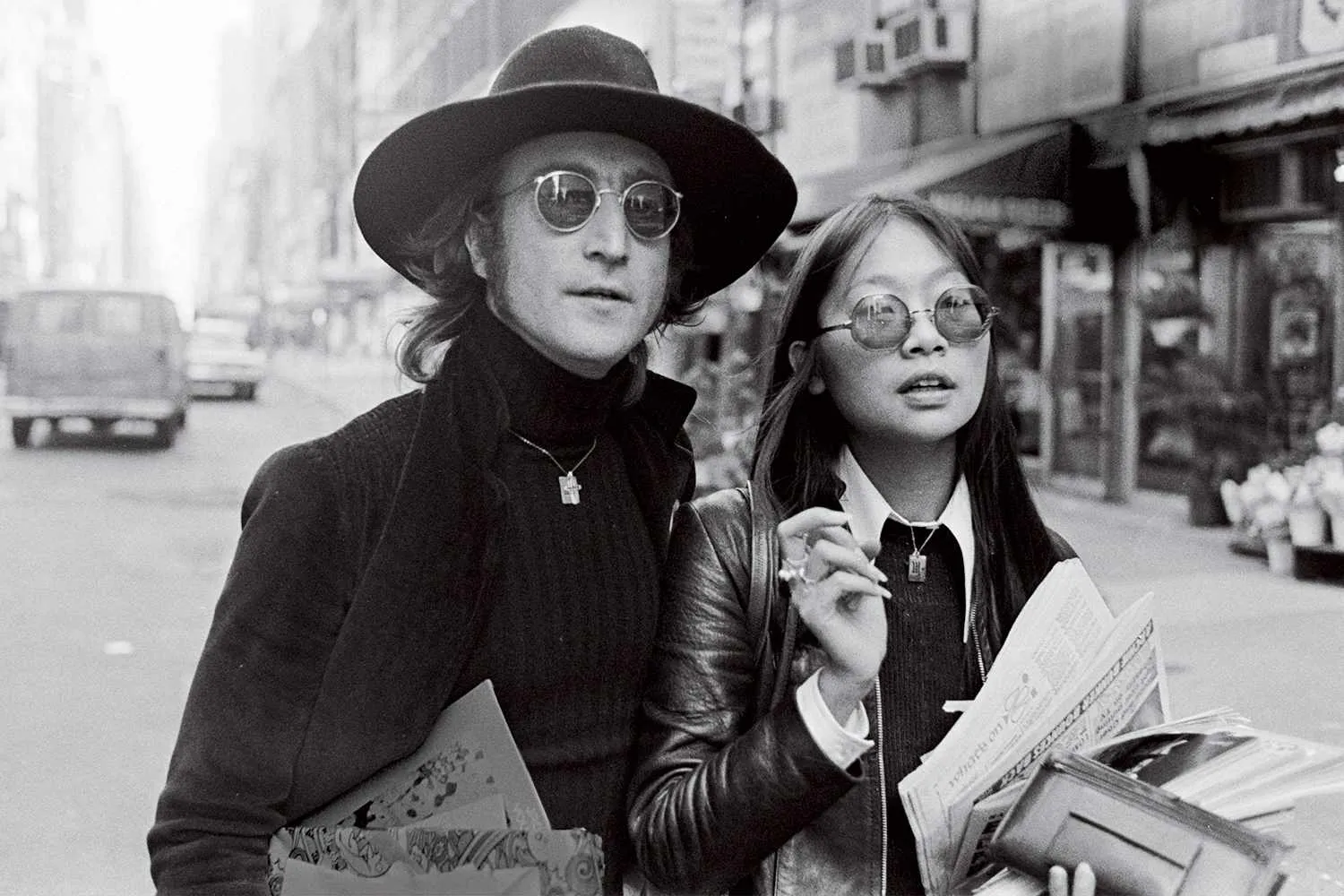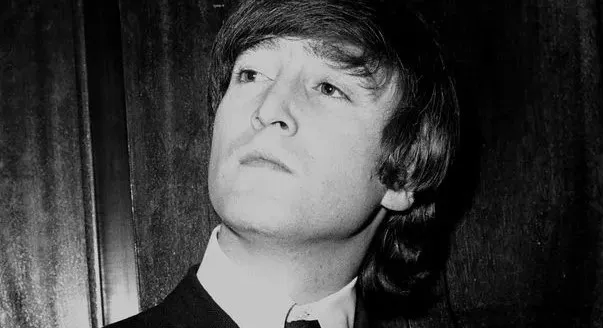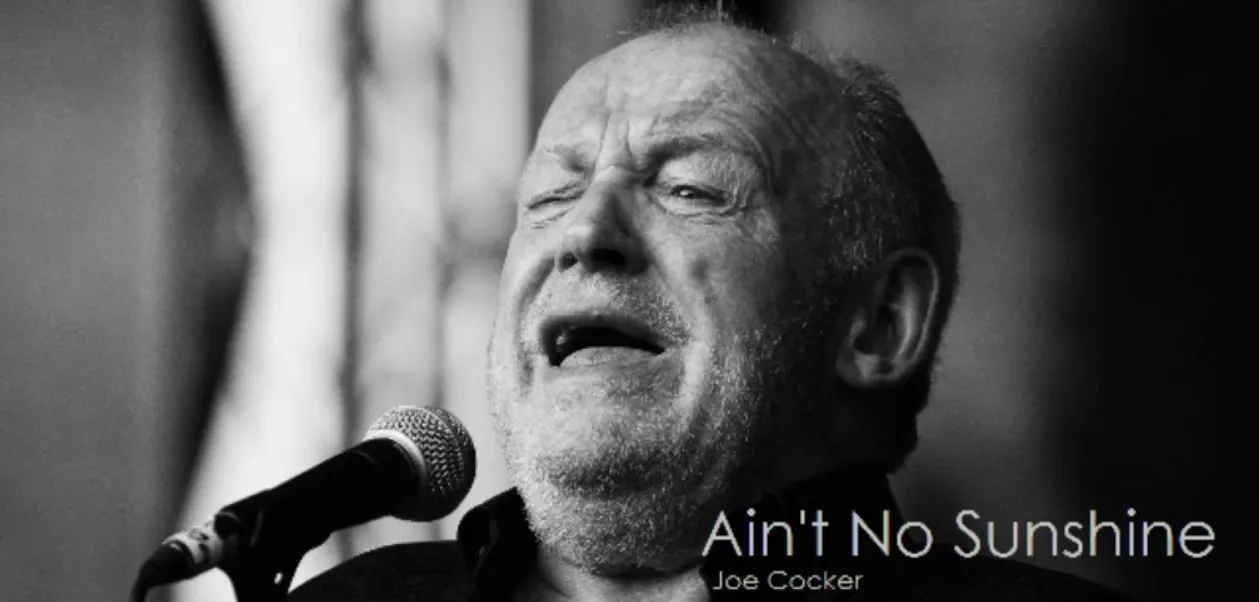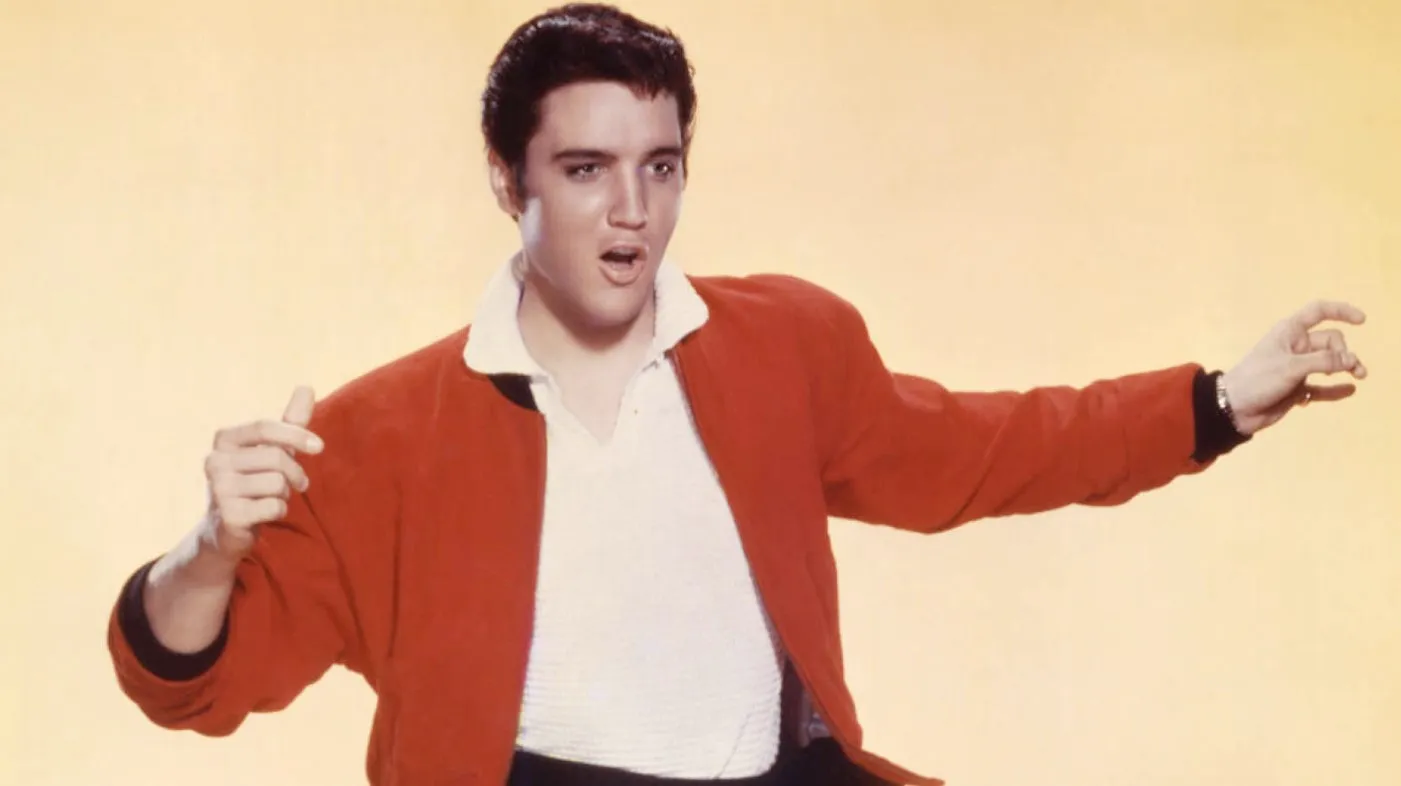The relationship between Paul McCartney and John Lennon is one of the most storied partnerships in the history of music. As the creative core of The Beatles, their collaboration produced some of the most iconic songs of the 20th century, and their friendship defined the band's dynamic. Yet, like many close relationships, theirs was also fraught with tension, misunderstandings, and eventual estrangement. Despite these challenges, the bond between McCartney and Lennon endured, and their final interaction holds a poignant significance for fans and historians alike.
The Early Days: A Bond Forged in Music

Paul McCartney and John Lennon first met as teenagers in Liverpool in the late 1950s. Both were passionate about music, and their shared love for rock 'n' roll led to the formation of The Beatles. From the very beginning, their partnership was a fusion of contrasting yet complementary personalities: Lennon was the rebellious, acerbic wit, while McCartney was the melodic, optimistic craftsman. Together, they created a songwriting team that would change the course of popular music.
Throughout the 1960s, Lennon and McCartney wrote and performed songs that became the soundtrack of a generation. Hits like "Yesterday," "Hey Jude," "Let It Be," and "A Hard Day's Night" showcased their unparalleled ability to craft memorable melodies and profound lyrics. Their creative synergy was the driving force behind The Beatles' success, but as the decade progressed, cracks began to appear in their relationship.
The Breakup: Tensions and Estrangement
By the late 1960s, The Beatles were experiencing internal strife, exacerbated by the pressures of fame, creative differences, and personal issues. Lennon and McCartney, who had once been inseparable, found themselves at odds over the direction of the band. Lennon's relationship with Yoko Ono and McCartney's increasing role as the de facto leader of the group further strained their partnership.
The Beatles officially disbanded in 1970, and the breakup was marked by bitterness and public feuding. Lennon and McCartney exchanged barbs in the press and in their solo work, with songs like Lennon's "How Do You Sleep?" and McCartney's "Too Many People" serving as thinly veiled attacks on one another. The once-close friends seemed irreparably divided, and for years, they had little contact.
Reconciliation: A Gradual Healing
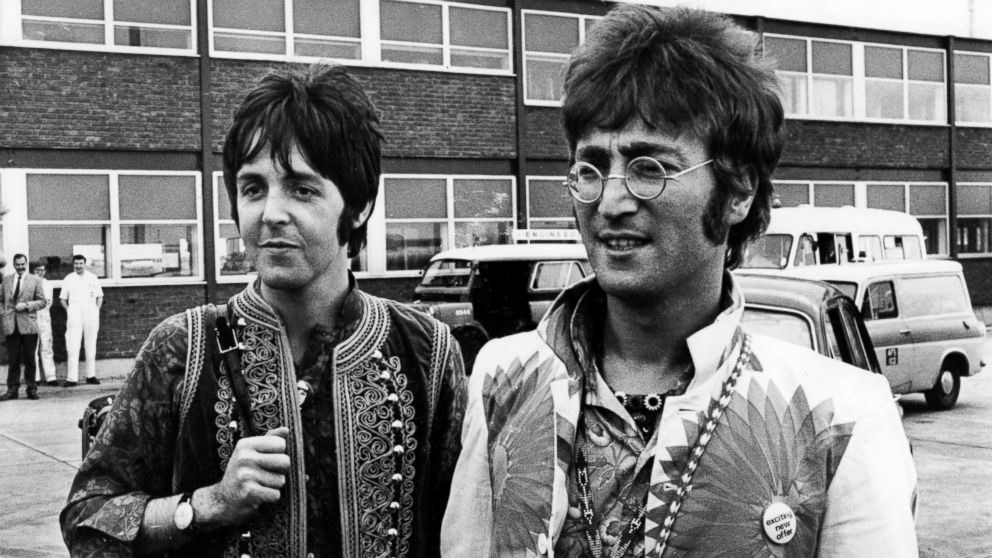
Despite the animosity that followed The Beatles' breakup, there were signs that Lennon and McCartney were beginning to reconcile in the mid-1970s. In interviews, both expressed a longing for their old friendship, and they occasionally spoke on the phone. McCartney even visited Lennon in New York City, where they spent time together, reminiscing about their past and discussing their current lives.
While their relationship was no longer as close as it once was, there was a mutual respect and affection that remained. Both men had moved on to successful solo careers, but The Beatles' legacy still loomed large over their lives. They knew that their connection was unique, and despite the differences that had driven them apart, there was a bond that could never be fully severed.
The Final Encounter: "Think About Me Every Now and Then, Old Friend"
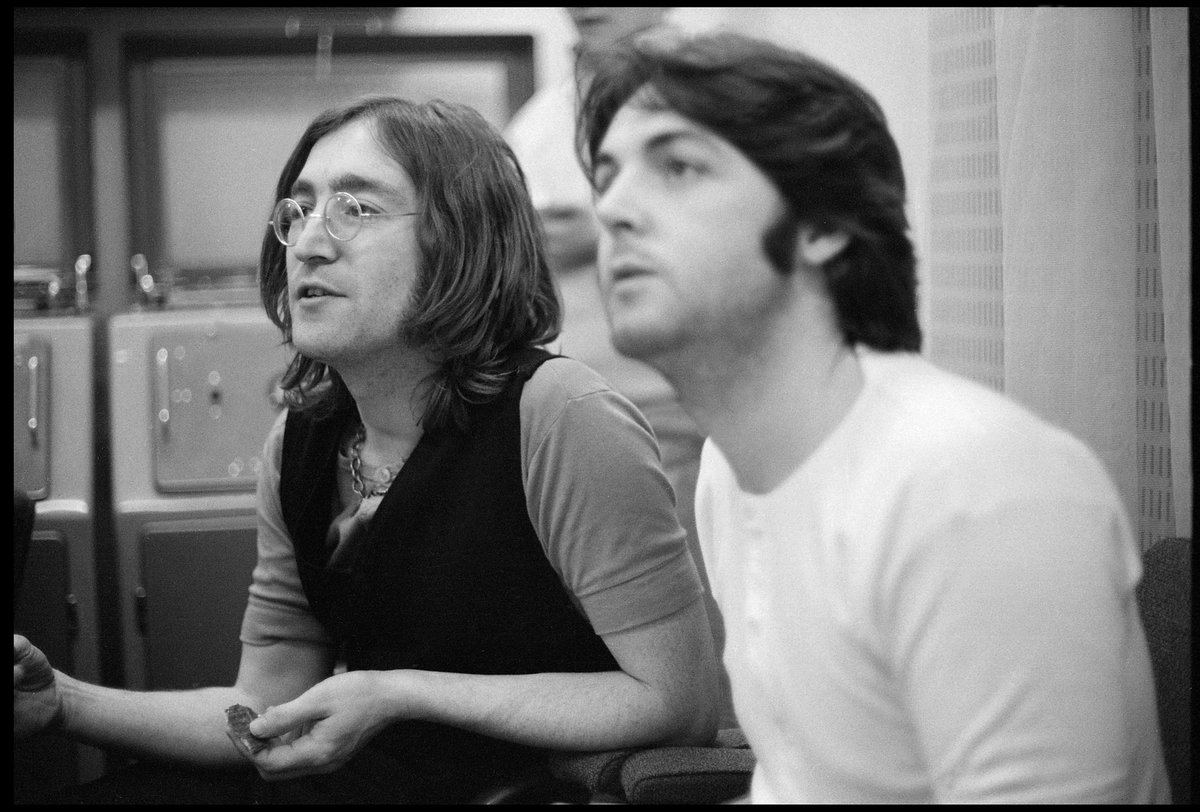
The final chapter in the story of Paul McCartney and John Lennon took place in the hallway of the Dakota building in New York City, where Lennon lived with Yoko Ono. It was there, toward the end of Lennon's life, that the two old friends crossed paths one last time. The exact date of this encounter is unclear, but what remains etched in history are the words Lennon said to McCartney as they parted ways.
According to McCartney, Lennon patted him on the shoulder and said, "Think about me every now and then, old friend." These simple yet profound words carried the weight of their shared history, a lifetime of collaboration, and the recognition that, despite everything, they were still friends.
For McCartney, this final interaction with Lennon was deeply meaningful. It was a reminder that their friendship, though tested by time and circumstance, was still intact. Lennon's words were not just a farewell, but a gentle request for McCartney to remember the good times they had shared, the music they had created, and the bond they had forged.
The Aftermath: McCartney's Reflection on Lennon's Death
Tragically, Lennon was shot and killed outside the Dakota building on December 8, 1980, just a short time after his final encounter with McCartney. The news of Lennon's death shocked the world, and McCartney was devastated by the loss of his old friend and collaborator. In interviews following Lennon's death, McCartney struggled to find the words to express his grief, often resorting to understatement, a defense mechanism to mask the depth of his pain.
In the years that followed, McCartney has frequently spoken about Lennon in interviews, reflecting on their complex relationship and the impact that Lennon had on his life. He has described Lennon as a brother, acknowledging the deep connection they shared, even during their periods of estrangement. McCartney has also expressed regret that they didn't have more time to fully reconcile, but he has taken comfort in the knowledge that their final interaction was a positive one.
The Legacy of Lennon and McCartney

The partnership between John Lennon and Paul McCartney remains one of the most celebrated in music history. Their songs continue to resonate with audiences around the world, and The Beatles' legacy shows no signs of fading. While their relationship was often turbulent, it was also incredibly productive, yielding some of the greatest music ever recorded.
Lennon's final words to McCartney serve as a reminder of the enduring bond between the two men. Despite the ups and downs of their relationship, they were able to find peace with one another before Lennon's untimely death. For McCartney, those words have become a cherished memory, a testament to the friendship that defined much of his life.
In the years since Lennon's death, McCartney has paid tribute to his old friend in numerous ways, from dedicating songs to him to sharing anecdotes about their time together. The pain of Lennon's loss has never fully faded, but McCartney has found solace in the music they created and the memories they shared.
A Friendship That Endures
The last words John Lennon said to Paul McCartney—"Think about me every now and then, old friend"—capture the essence of their relationship. It was a friendship marked by creativity, competition, and, ultimately, a deep mutual respect. While they may have had their differences, Lennon and McCartney were bound together by their shared history and their love for music.
As time passes, the significance of their partnership only grows, and their music continues to inspire new generations. For McCartney, Lennon's words are a constant reminder of the bond they shared, a bond that transcends time and continues to influence his life and work.
The story of John Lennon and Paul McCartney is one of the most compelling narratives in music history, and their final interaction serves as a fitting conclusion to a relationship that was as complex as it was legendary. Their friendship, like their music, is timeless, and Lennon's final words to McCartney will forever echo in the annals of rock history.
